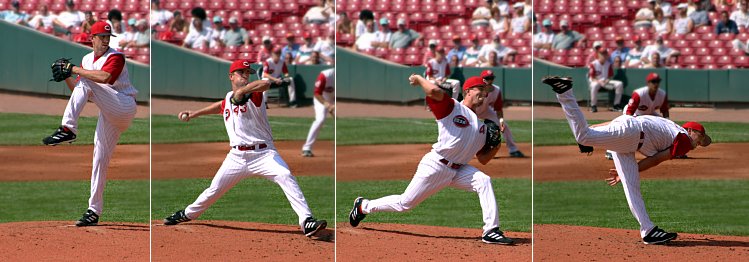Feedback is important for the acquisition of skill by the athlete. It provides direction, goals and helps the athlete to adjust their performance and skill execution as they progress through the stages of skill acquisition.
Feedback can be internal or external, concurrent or delayed, and knowledge of results or performance. Internal comes from the performer and how the movement felt, and relies on proprioception. A soccer player feeling that they did not connect with the ball correctly is internal. External comes from outside the body and includes sounds, videos or a coach. An AFL player scores a goal from 40m out.
Feedback can be concurrent or delayed. Concurrent occurs during the execution of the skill, such as a coach stopping a golfer mid-swing to correct their grip on the handle. Delayed is received after the skill is completed, such as video analysis of a baseball pitchers performance.
Knowledge of results is feedback that provides information about the outcome of the skill execution, such as scoring a goal or hitting a six. Knowledge of performance is information provided about the process of movement normally provided externally after its completion, such as a coach giving technical advice on the tennis serve, telling the player to drop their shoulder later.

